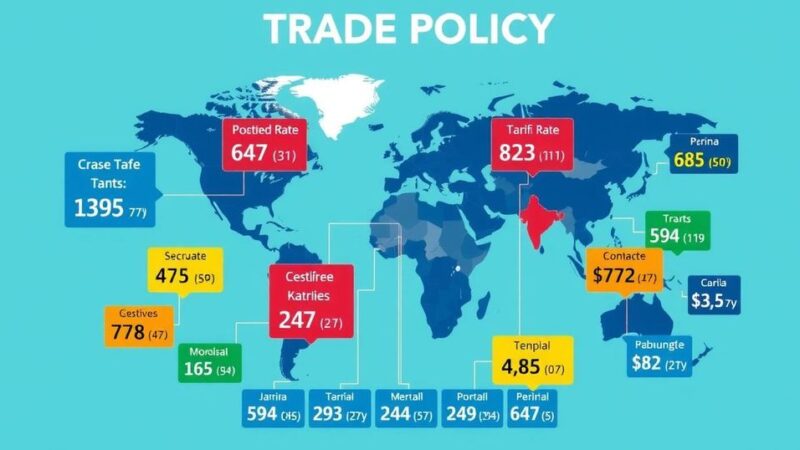Ethiopia has enacted a new tax for all workers to address funding gaps following a pause in USAID support. The collected funds will support a new Disaster Risk Response Fund. Increased conflict in various regions has strained the population’s access to crucial aid. The tax will apply to all employment sectors, while USAID’s funding suspension has resulted in the cessation of vital services.
On Thursday, the Parliament of Ethiopia instituted a new tax for all workers to address the financial shortfall resulting from the pause in USAID funding. The revenue generated from this tax will be allocated to a newly established Ethiopian Disaster Risk Response Fund, which is intended to finance projects that were previously supported by USAID, Ethiopia’s primary development and humanitarian collaborator.
Ethiopia is currently grappling with persistent conflicts in several regions, particularly Tigray, which is in recovery from a prolonged two-year conflict, as well as challenges in Amhara and Oromia. These conflicts have created a dire humanitarian situation, leaving millions in need of food assistance and healthcare services.
The tax will impact individuals employed in both the private and public sectors, and will include mandatory contributions from companies within various industries, including banking and hospitality. The proposed legislation has been forwarded to a parliamentary committee that will deliberate on the specific contribution rates.
With a population exceeding 125 million, Ethiopia has historically been the largest recipient of U.S. aid in sub-Saharan Africa, receiving $1.8 billion in the 2023 financial year. Previously, funds were allocated to critical services such as food support, HIV medication, vaccines, literacy initiatives, and job creation, benefiting over a million refugees hosted by the nation.
Many of these vital programs have been halted, and USAID personnel overseeing them have been placed on administrative leave with significant job security concerns looming over them. The cessation of this funding has urgent implications for Ethiopia’s humanitarian efforts and development projects.
Ethiopia’s introduction of a new tax aims to mitigate the financial gap left by the recent suspension of USAID funding, highlighting the ongoing humanitarian challenges the nation faces. With conflicts causing widespread need for assistance, the fiscal measures will support crucial disaster response initiatives. The halt of U.S. aid has significant consequences, underscoring the importance of sustainable funding for the country’s development.
Original Source: www.newsday.com






